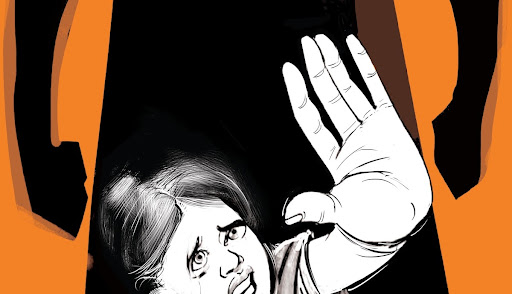

Inaction and inadequate response by public authorities
mandated to respond to Gender Based Violence in Meru County has continued to
complicate survivor’s ability to access services and justice.
A report released by Ipas Africa Alliance shows despite women in the county being disproportionately affected by GBV, inaction remains poor.
According to the report, while GBV health infrastructure is well developed in referral and national hospitals, it is poorly developed in lower-level health facilities where most GBV cases are recorded.
The lower-level centres lack basic facilities and equipment and have a shortage of trained staff to manage the high number of GBV cases referred to them.
“Due to this lack of capacity, case management is still poor in the lower-level health facilities, thus compromising their ability to offer quality services to survivors,” the report says.
This is after recent data by the National Crimes Centre indicated that women have a 65 per cent chance of experiencing GBV from an intimate partner in their lifetime.
The data further showed that approximately 88 per cent of women in Meru have experienced GBV, nearly half of those ending in death.
This review considered among other things, common forms of GBV investigated.
The data collected from Meru County revealed high rates of GBV with hitting, battering, beating scoring 88 per cent, killings/murders of GBV victims scoring 34.9 per cent and a further 66.7 per cent of women indicating having experienced GBV in the preceding 12 months.
This has been linked to a perceived inferiority complex and internalised patriarchy by women in the county, as well as limited knowledge and empowerment of opportunities for women.
According to the report, ‘Patriarchy rules: An Outlook and Reflection of Women Leadership in Meru County’, there is limited knowledge and empowerment on opportunities for women.
According to the report, women in the Meru community are disaggregated based on their marital status: regardless of her age, an unmarried or childless woman will be regarded as a girl, thus lacking in credibility.
To illustrate this, the report uses an example of the mpeachment case against Governor Kawira Mwangaza, where a Member of Parliament verbally attacked the governor for not having children with her current husband.
“No action was taken in response to the threats made against the governor, further illustrating the casualness in which GBV/SGBV is perceived in the county,” the report says.
“If such public threats can be made with impunity towards a sitting governor, one can only imagine the violence meted out to ordinary women and girls in Meru County.”
The report gives reference to a case in which the High Court in Meru in 2012 found that the police had failed to conduct thorough investigations in complaints by girls.
High Court in Meru made the ruling in a case involving C.K. (a Child) and 11 Others versus the Commissioner of Police/Inspector-General of the National Police Service and two others concerning sexual abuse of 11 girls.
The court ruled that the police had “unlawfully, inexcusably, and unjustifiably neglected, omitted and/or otherwise failed to conduct prompt, effective, proper, and professional investigations into the girls’ complaints.”
It ruled that in all 11 cases, the police failed to visit scenes of crime to gather evidence that is vital in coroboration of a case, did not interview witnesses/victims, samples were not taken and even those produced by victims were never forwarded to the Government analysts’ for examination.












